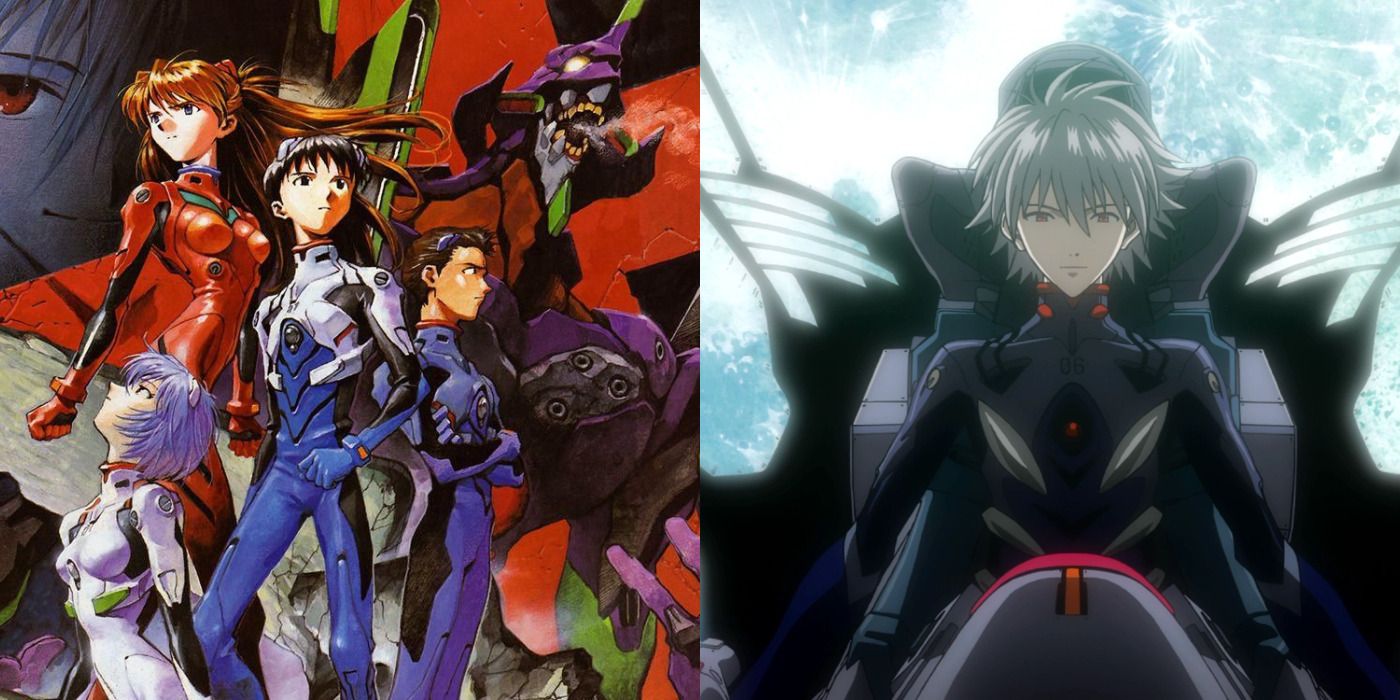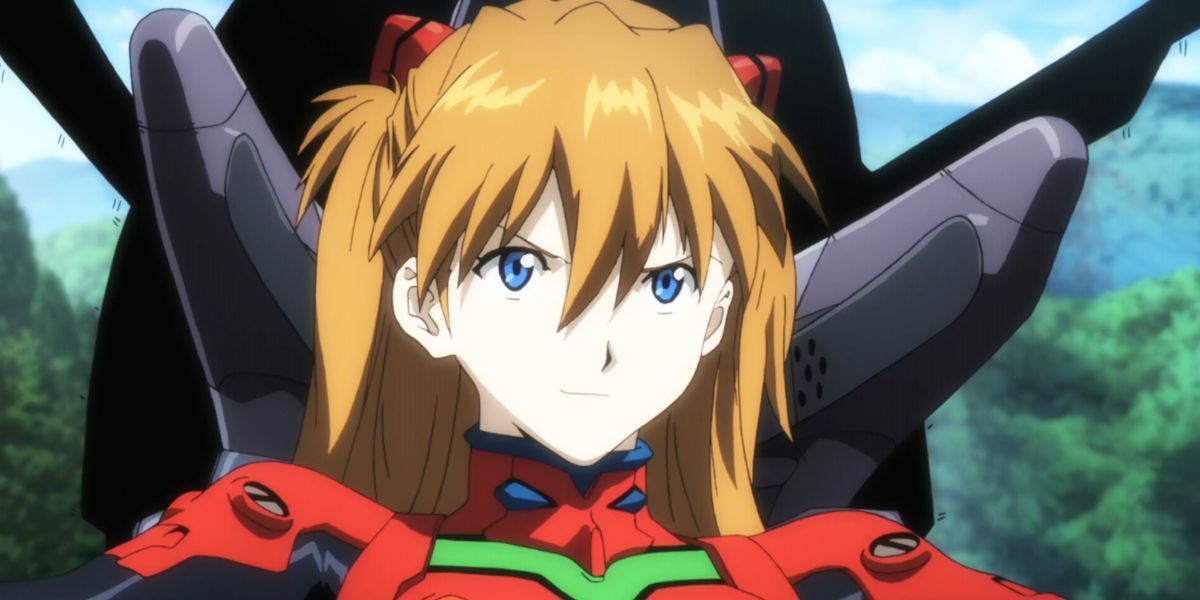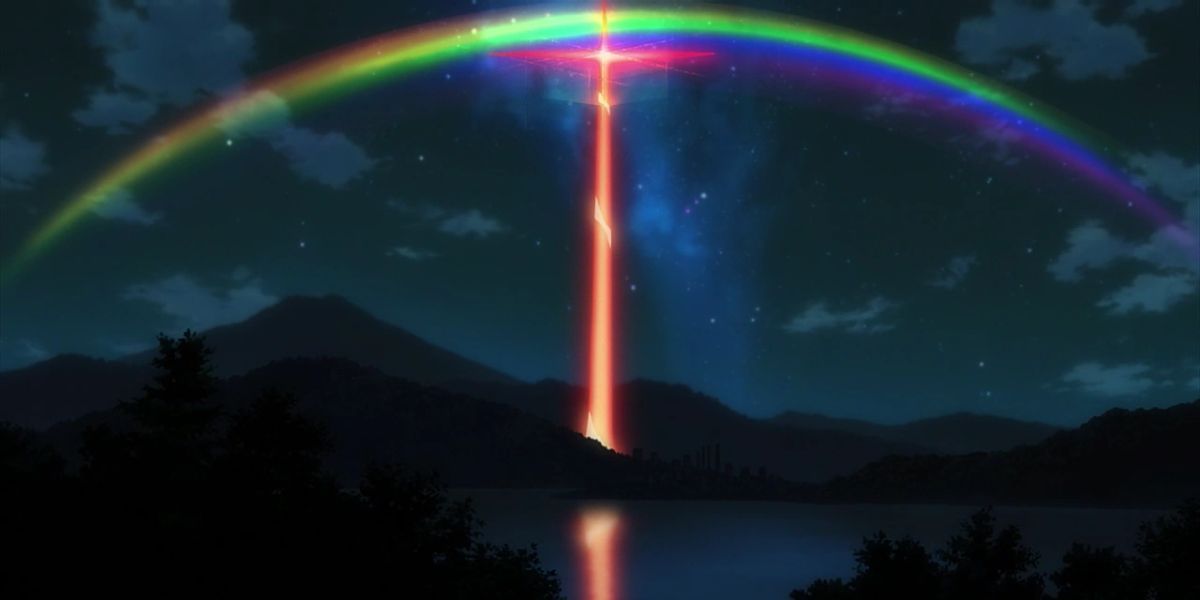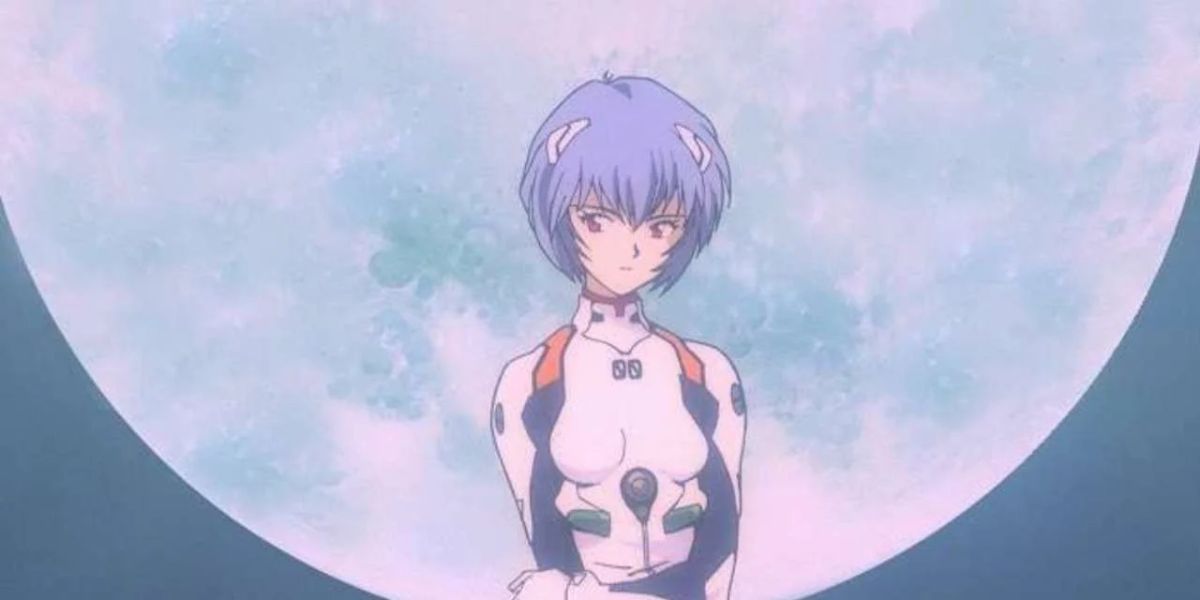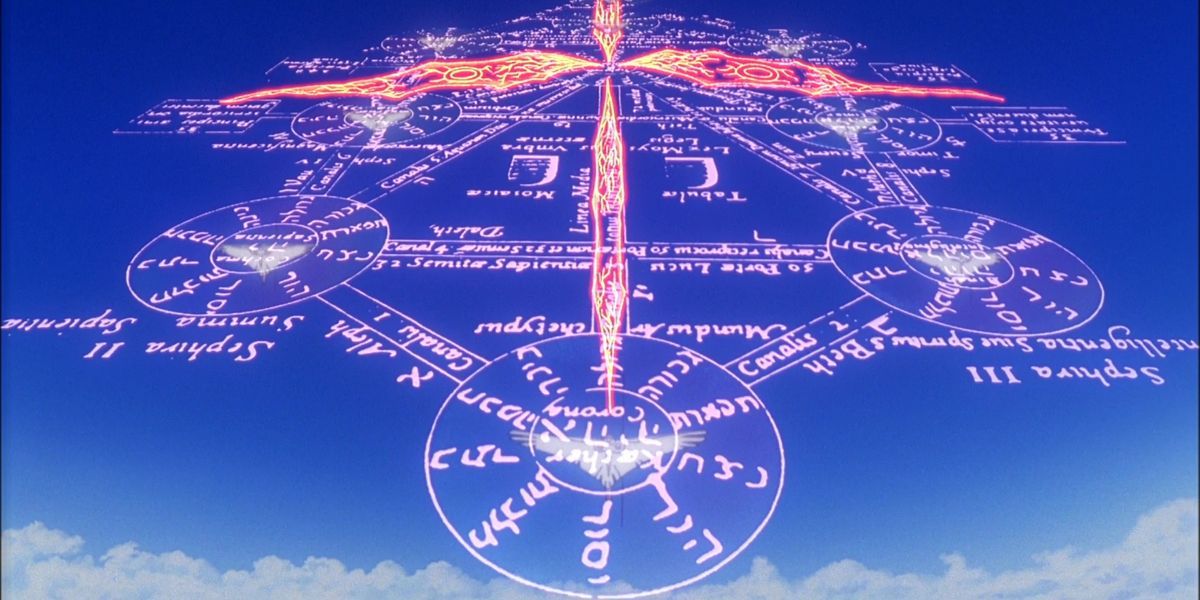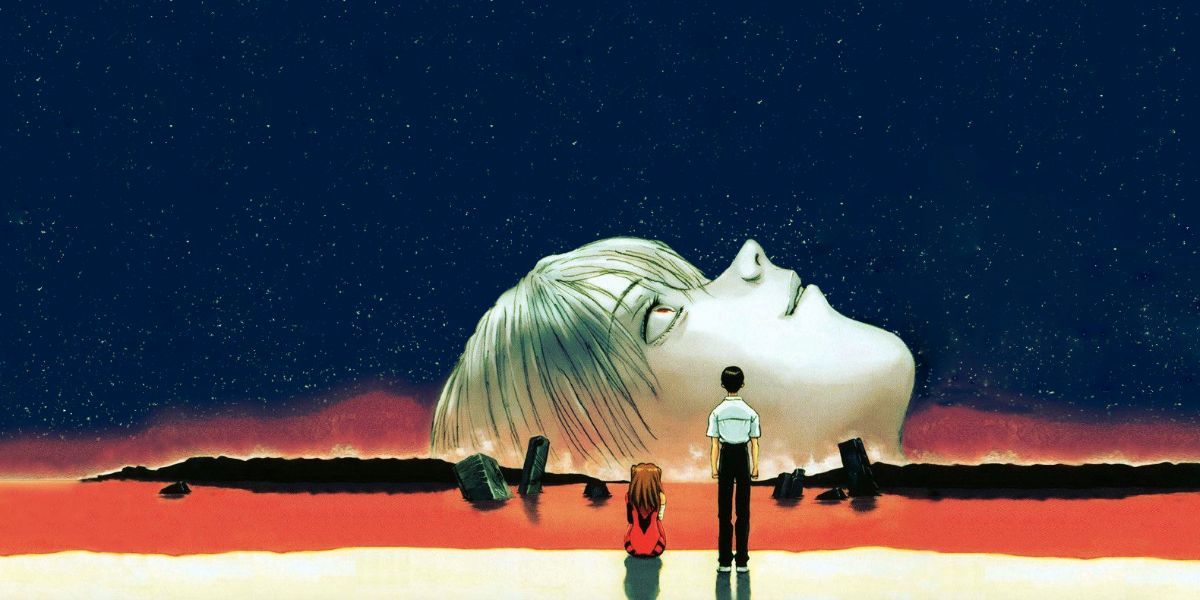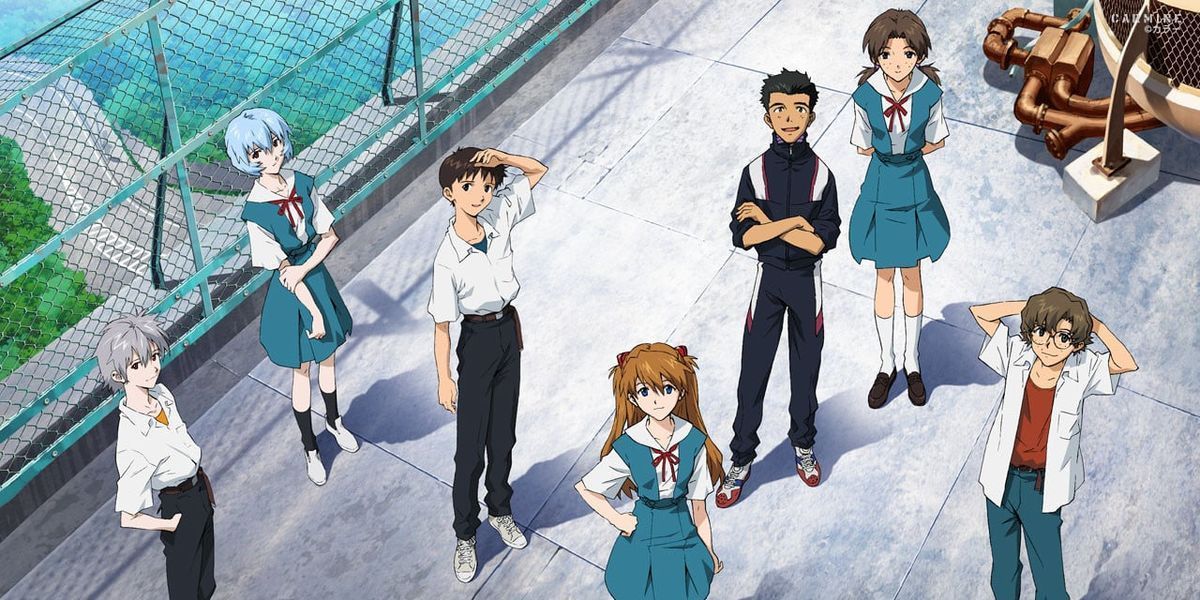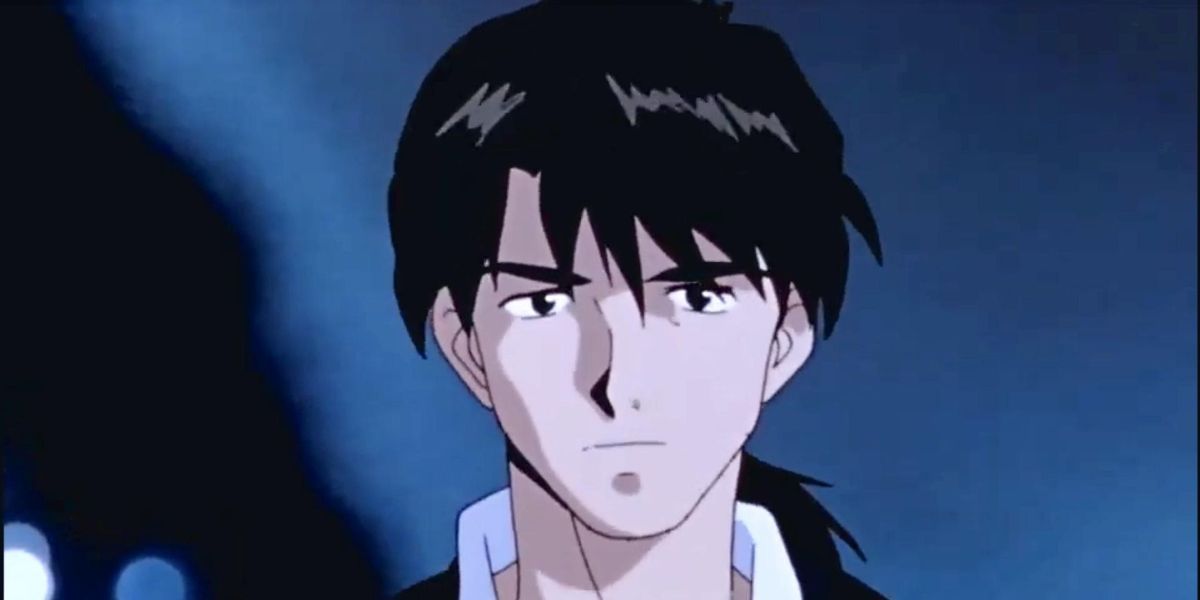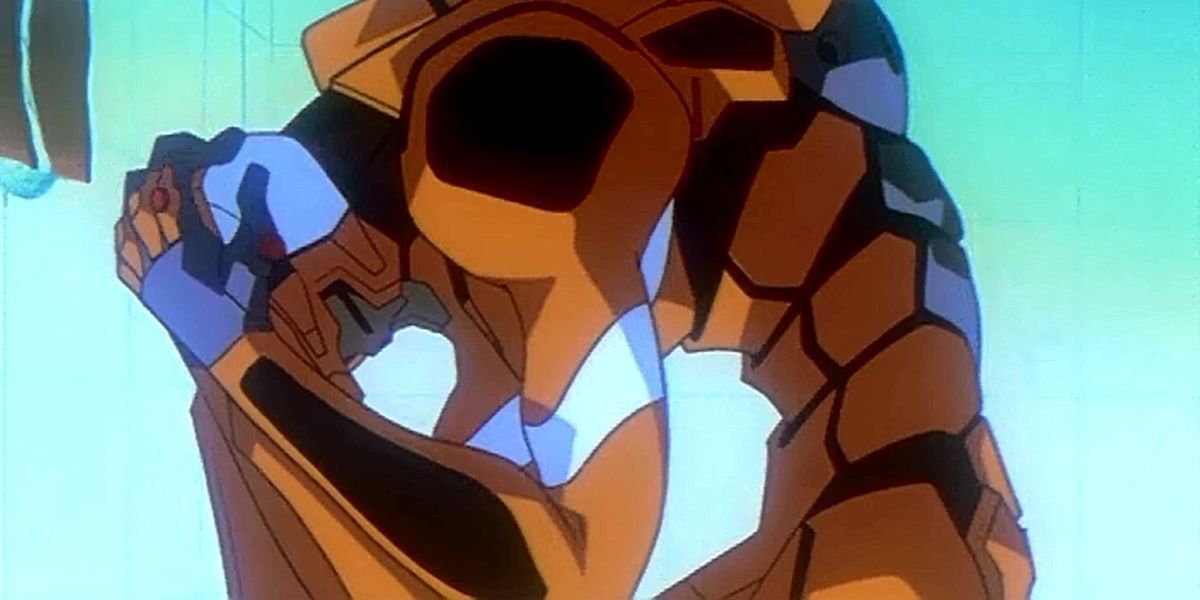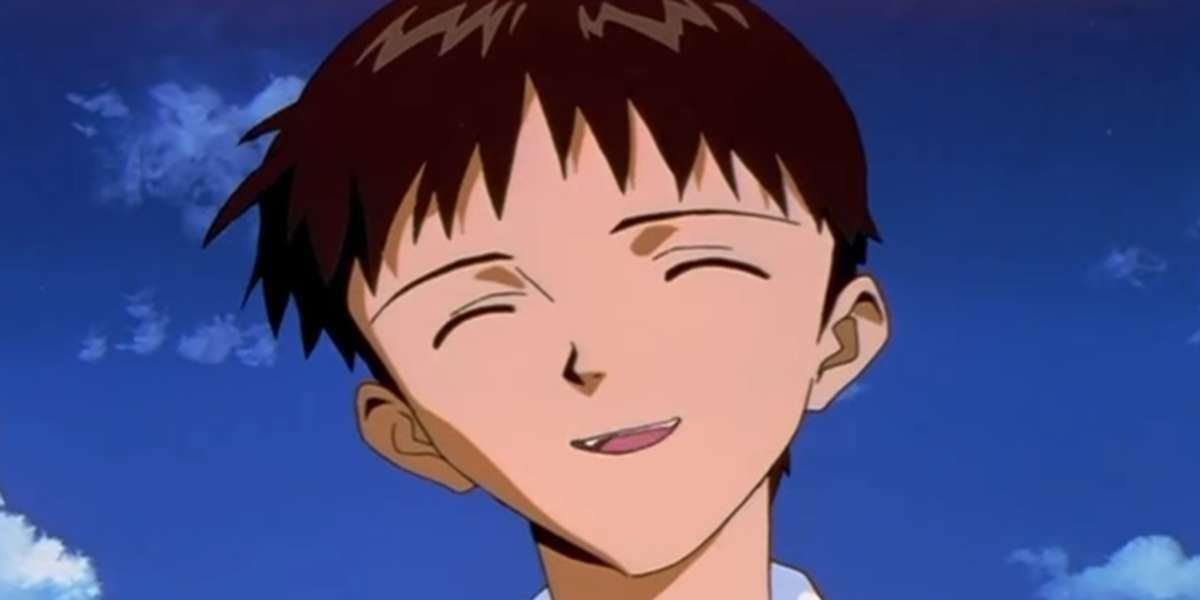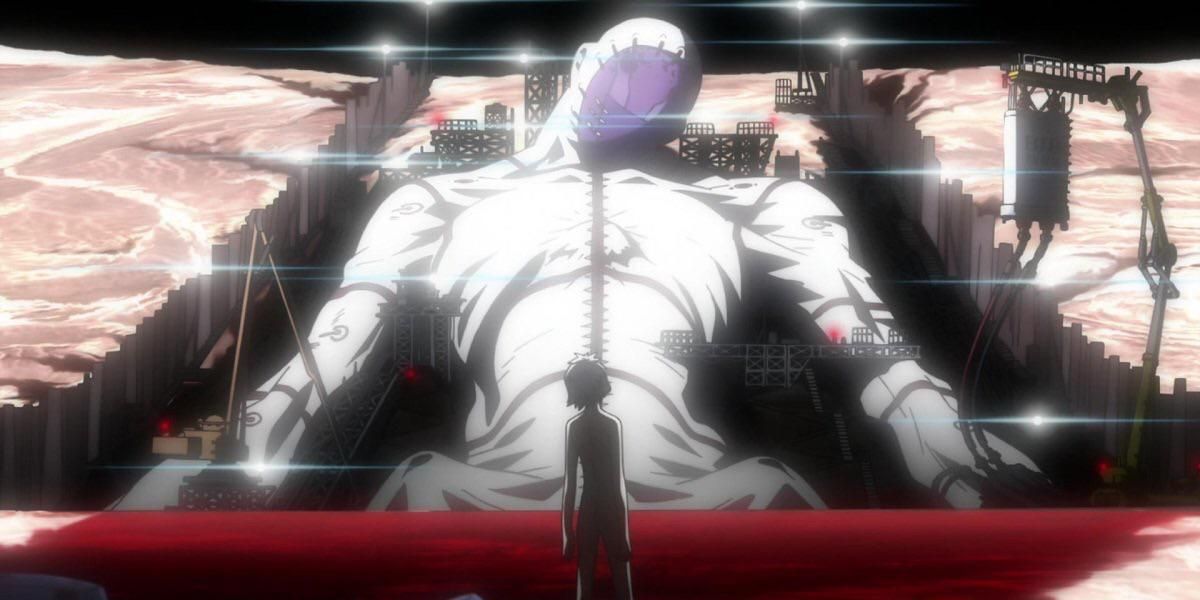Although the original Neon Genesis Evangelion anime has been over since 1996, the open-ended nature of the themes of the series, as well as the mysterious and opaque lore populating the setting, has led fans to still theorize about possible deeper meanings hidden within the text. These theories range from the totally wild to the shockingly plausible and speak to the impact that Evangelion has had on anime fans everywhere.
Who killed who? What timelines do the events of the series take place in? Is there time travel or a time loop going on? Why is there so much weird religious symbolism? Evangelion raises many questions like this, but also politely declines to answer most of them, which places the onus on fans to fill in the gaps. Although Evangelion is fundamentally a work that will mean different things to different people, some of these theories seem just crazy enough to be true.
Asuka Is Pregnant
Among the more commonly asserted fan theories out there is the one that suggests Asuka may be pregnant during the events of End of Evangelion, or perhaps even earlier in the anime. Evidence supporting this position includes her final line of dialogue in End of Evangelion: "I feel sick" or "How disgusting," which some fans have taken as a reference to morning sickness.
This may seem like a reach, but there might actually be something to it. Apparently, when Asuka's voice actress inquired as to how the line should be delivered, director Hideaki Anno directed her to deliver the line as though she were experiencing morning sickness. It's far from definitive, but that certainly is something to think about.
Religious Symbolism
Aesthetically speaking, Evangelion is loaded with religious terminology and symbolism. Mostly evoking Christian, Judaic, as well as broadly Abrahamic themes, the show has a tendency to beat the viewer over the head with these choices. Explosions take on cross-shaped forms, the enemy aliens are called "Angels," and the term Evangelion itself seems to stem from Evangelicalism.
These aesthetics have lead fans to speculate as to whether or not Evangelion is allegorical in some way: could it perhaps be based on a certain biblical story? Is the entire anime actually about Gnosticism? Director Hideaki Anno himself has cast doubt on some of these assertions, and he seems to suggest that religious references in the show don't amount to much more than aesthetic choices.
Apparitions Of Rei
In the very first episode of Neon Genesis Evangelion, protagonist Shinji Ikari sees an apparition of Rei Ayanami, in one of the earlier scenes. This doesn't make a whole lot of sense, though, because Rei immediately vanishes, and Shinji won't actually meet her until the end of the episode.
Why and how this apparition came to be is an ongoing question. One prevailing explanation is that, during the events of End of Evangelion, Rei fused with the angel Lilith and obtained godlike power for a brief period of time. Perhaps, after that fusion, Rei was able to project herself backward in time, and appear before Shinji in the first episode of the anime.
Multiple Timelines
It's immediately clear from the existence of the Rebuild films that the entirety of the Evangelion franchise exists across multiple, possibly separate continuities (at least, maybe that's the case). The events of the Rebuild series involve the same characters carrying out different actions in a new continuity. Right?
But what if these timelines aren't as disconnected as they appear to be? Fans with (perhaps too much) time on their hands can check out a nearly hour-long video from Crunchyroll, wherein it is theorized that literally every Evangelion continuity is connected, which includes Pachinko machines and shaving commercials.
Kimochi Warui
Thie final words spoken in End of Evangelion come from Asuka on the beach. She says quite simply, "Kimochi warui," translated from Japanese as either "I feel sick" or "How disgusting." What exactly Asuka meant by this is a matter of some debate, however, especially since it seems to have special significance as the final spoken line in the movie.
A common explanation is that Asuka, during the events of instrumentality at the end of the film, merged consciousness with Shinji as she would have with the human race at large, in turn meaning that she would have access to some of his more private memories. Given what the audience already knows about Shinji's somewhat complicated feelings towards Asuka, it isn't unreasonable to assume she might be creeped out by him.
Time Loop Theory
Between the Rebuild movies and the original TV anime, there are certain hints that have lead fans to speculate that the entirety of the Evangelion universe takes place in an unending time loop and that the stories that the characters live out throughout the course of any piece of Eva media is but one experience of one timeline.
Although the evidence to support this conclusion is somewhat scarce, there are elements in the Rebuild movies that seem to harken back to notable events in the Evangelion series. It's unclear if these are more than just references Anno is making to his older work, or if the audience really is supposed to read deeper into the imagery and conclude something interesting about Evangelion's chronology.
Misato Killed Kaji
It's clear that the fate of series spy Ryoji Kaji is an unpleasant one. He seems to have dug too deep into the secrets at the core of NERV, Seele, and the Japanese government, and caught a bullet for his mistake. What is less clear, however, is who exactly pulled the trigger, which has led to much speculation among fans.
Although it's possible that it was simply an unnamed assassin, some of Kaji's dialogue before his death in episode 21 indicates that it was possibly someone familiar to him. In particular, the line, "Oh, what took you so long?" (among other translations) is delivered with a casual demeanor. Some have speculated that it was Misato herself who took the shot, which would certainly be tragic.
Unit 00's Soul
Any Evangelion fan who knows anything is certainly aware that an Eva unit requires a translated human soul to function properly. In the cases of Unit 01 and Unit 02, the explanation is fairly clear: both units are inhabited by the souls of the respective parents of the machines' pilots. However, the question becomes complicated when the audience considers Rei Ayanami.
Rei is very explicitly a clone, and therefore lacks a parent figure that would fit the pattern established by Units 01 and 02, which raises the question: who's soul is it exactly that inhabits Unit 00? Some fans have theorized that it may be another version of Rei herself, which seems plausible, considering her complicated genetic background.
Episodes 25 & 26 And End Of Evangelion Are The Same Ending
One of the more popular theories among Evangelion fans stems from the unending online debates over what the correct placement of End of Evangelion is in the franchise canon, and more specifically how it relates to the equally controversial ending to the T.V. series in episodes 25 and 26.
The differences between these two endings, at a surface level, are stark: episode 26 ends with Shinji being congratulated by his friends, whereas End of Eva ends with headache-inducing apocalyptic nightmare fuel. However, many fans argue that the ending is one and the same, simply viewed from a different perspective. Consensus on this subject suggests that 25 and 26 show us an internal perspective of instrumentality, whereas End of Evangelion shows us an external one.
The Rebuilds Are Sequels
The abstract manner that the Rebuilds do or do not fit into the larger Evangelion franchise is a source of much theory-crafting among Evangelion fans. Although the name "Rebuild" seems to imply that the movies are simple remakes or reimaginings of an already-established story, certain fans disagree and suggest that there is a more explicit connection between them and the series.
The most plausible of these theories is that the Rebuilds are sequels in a very literal sense, in that they take place in an explicit chronology after the events of End of Evangelion. Evidence to support this theory includes imagery reminiscent of the original series, like an enormous stain of blood across the Moon. Is this a simple reference, or something more?

